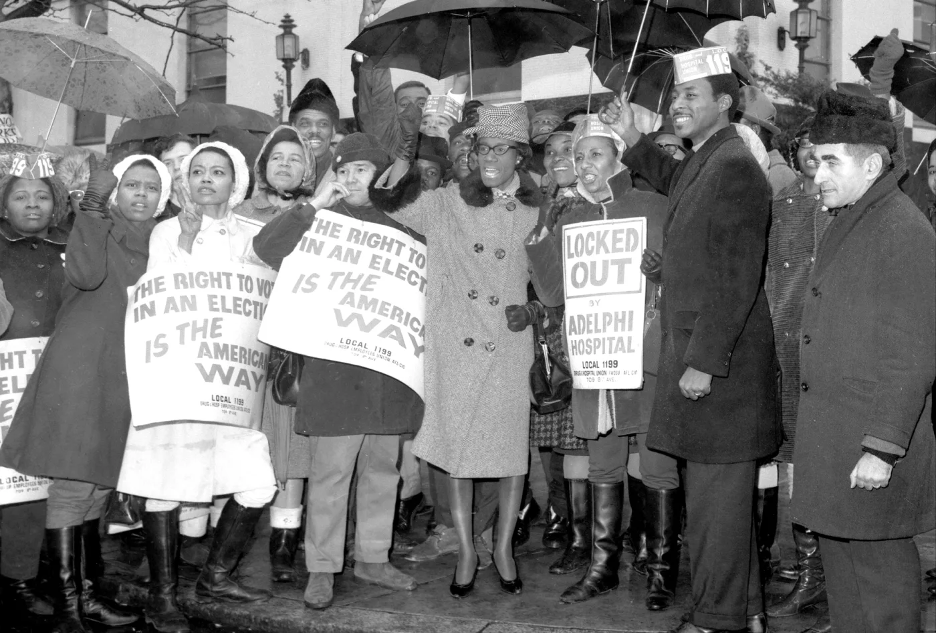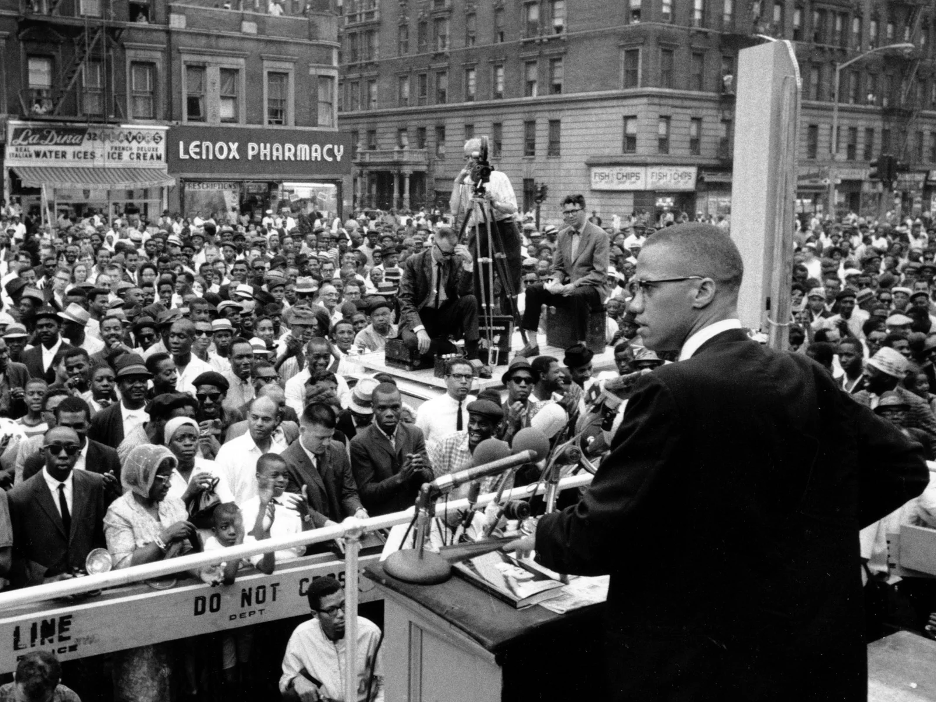Written by: Rashawn Khamari Merchant
On April 3rd, 1968, Dr. Martin Luther King Jr. gave his famous “I’ve Been to the Mountaintop” speech in front of 2,000 predominately Black sanitation workers in Memphis, Tennessee. Dr. King presented this speech following a years-long campaign to improve the lives of poor working-class Americans. Memphis’ sanitation department has been facing significant issues relating to labor conditions. Many were overworked, underpaid, and not receiving the benefits that should have been granted to one of the city’s most important jobs. The workers fought hard to create unions, and after multiple attempts at failed strikes, King and the Southern Christian Leadership Conference stepped in to support them. The leadership capabilities that paralleled the civil rights movement offered a similar effective strategy when implemented toward environmental justice issues. Marches, community engagement, and protests carried over as environmental activists needed to find ways to draw attention to crises.

AFP/Getty Images
Dr. King was killed the next day April 4th, 1968. He was a cornerstone of how people should advocate for their needs because we all deserve to live in proper conditions. The service he and many others committed during the civil rights movement provided a powerful foundation for seeking environmental justice and today’s modern activism. As climate communicator, Bora Chang stated, “The work of organizing would’ve been a lot harder without civil rights.”
Environmentalism began with a focus on the natural environment. Events such as the Great Smog of London in 1952, the burning of the Cuyahoga River in 1969, and the BP Oil Spill in 2010 indicate how humans have treated the living planet through our actions. Humans have long been the most significant influencers counter to mother nature, and a side effect of this influence is that we are caught in the crossfire.

Leroy Jakob/NY Daily News Archive/Getty Images
While committing injustices, large corporations act out of greed to increase profits. These acts involve cheaper labor practices and waste disposal in ways that enable them to take on little blame, as sustainable waste management costs money. As this plays into a power dynamic, the key participants in these harmful methods do not want to affect themselves negatively, so they choose to put others at risk. Referring to the troubles of the Memphis sanitation workers, it was in the mayor’s interest not to pay livable wages. Without suitable income, it made it harder for workers to live lives in which they would be better prepared to advocate for themselves through education, property ownership, and political power. It is clear that when oppressed by environmental stressors, citizens will be placed in a never-ending cycle limiting them from reaching their full potential.

AP
The environmental justice movement played a crucial role in identifying how people of color and those in poorer socioeconomic conditions faced unsustainability compared to their counterparts. This is essentially what environmental racism is. There is a clear relationship between people who experience proximity to waste sites, pollution, and a lower life quality because of where they live. Often, systems in place purposely position people in these conditions. Dr. Robert Bullard defined environmental racism as any policy, practice, or directive that differentially affects or disadvantages individuals, groups, or communities based on race or color. Implementing most practices is intentional, as many policies and regulations occur during official governmental procedures. All government business gets decided by elected officials and those directly or indirectly connected to them.
It was through the civil rights movement that many of us were taught the power that government entities have. Leaders in the civil rights movement fought to ensure citizens had access to those rights and wanted us to participate in those decisions. A lack of civil rights means we lose the ability to protect ourselves against unsustainable conditions and the opportunities to afford better lives.
Thanks for Reading!
Earthshiners@earthshinersmagazine.com
Copyright 2023 Earth Shiners Creative LLC
Leave a Reply